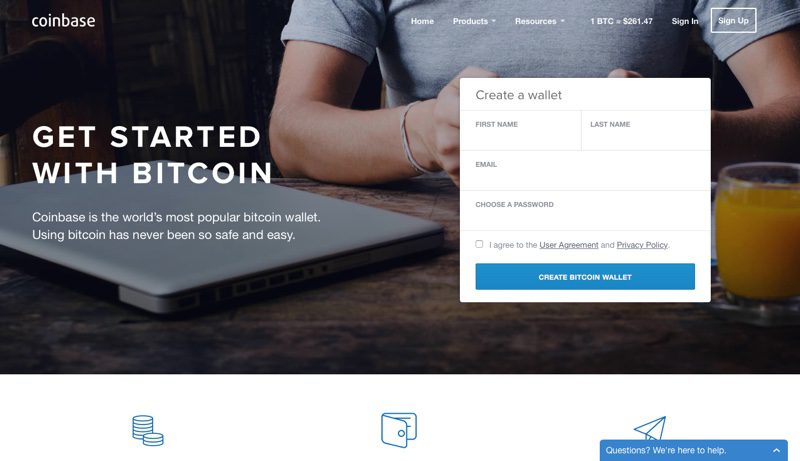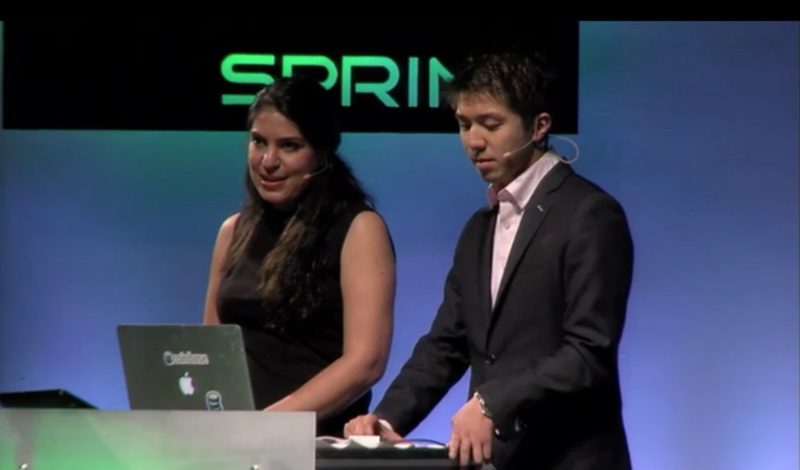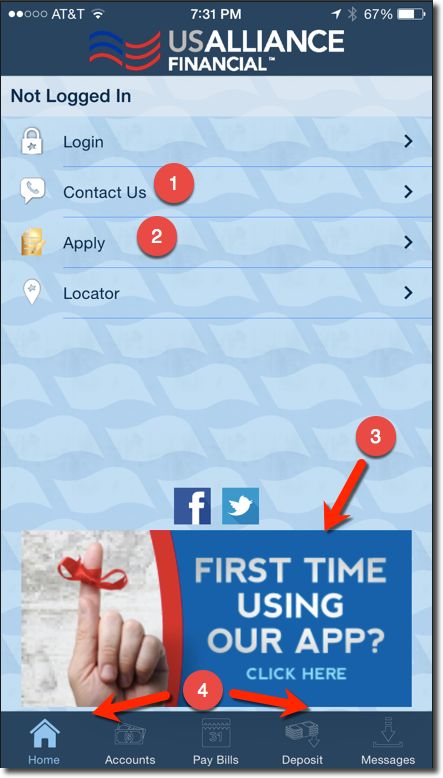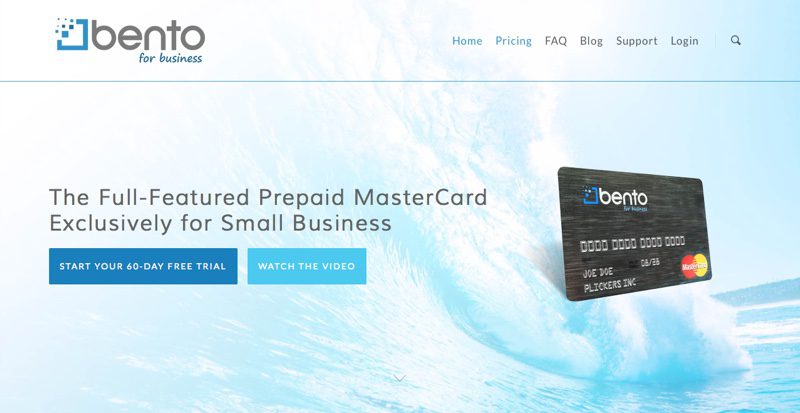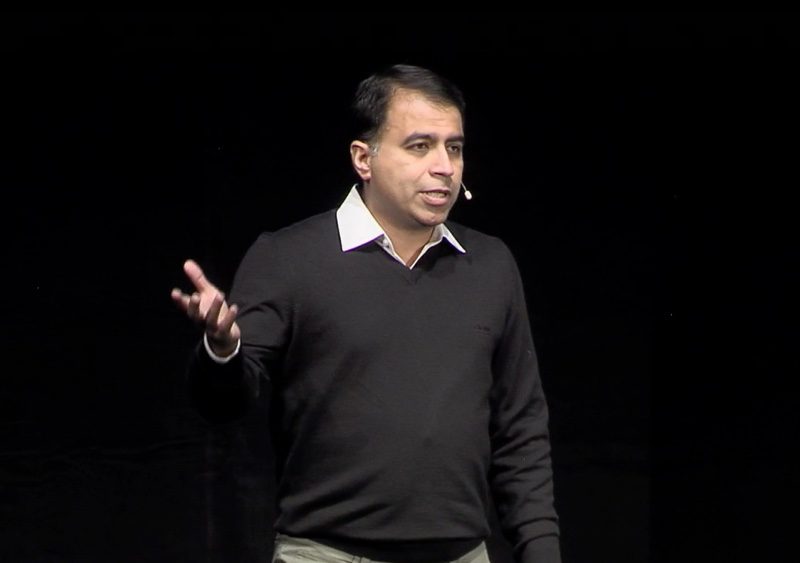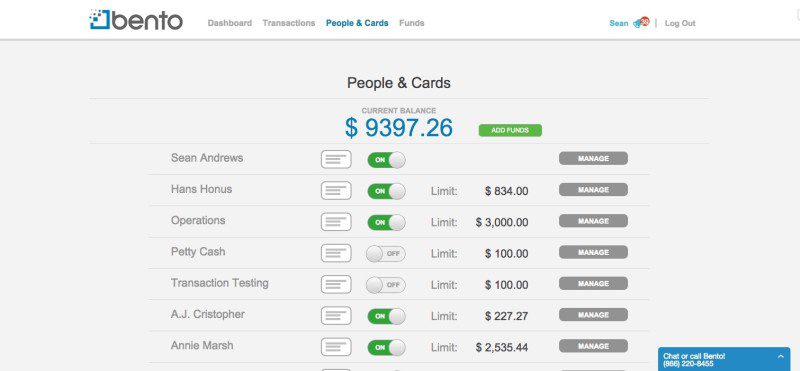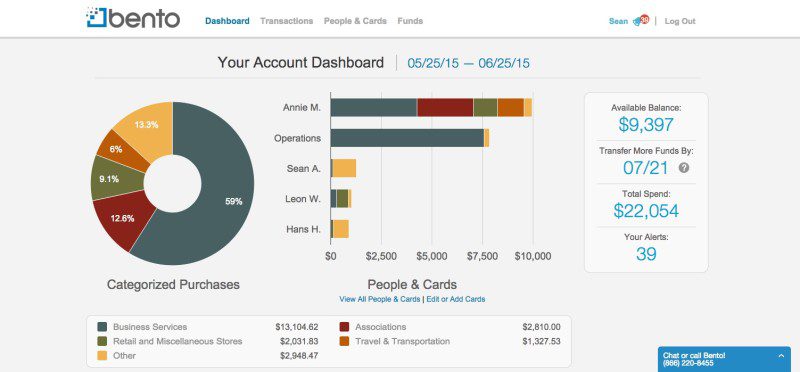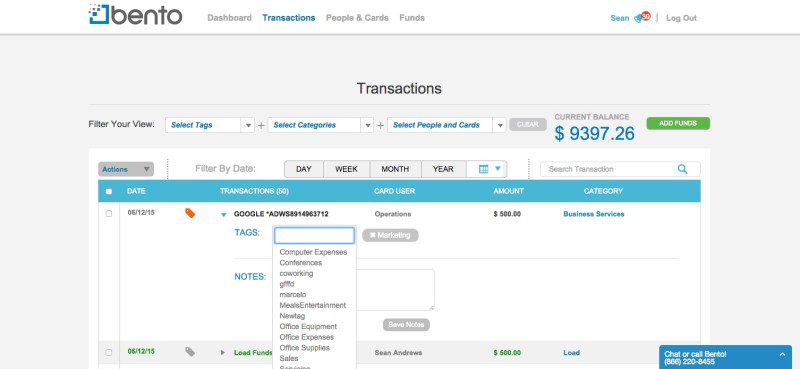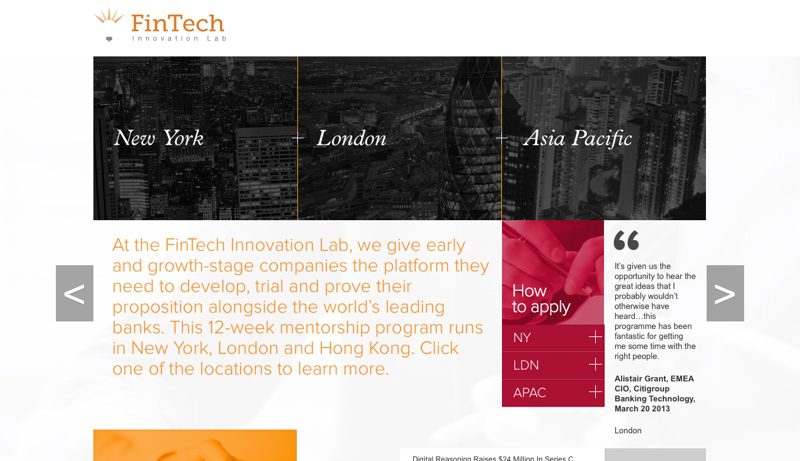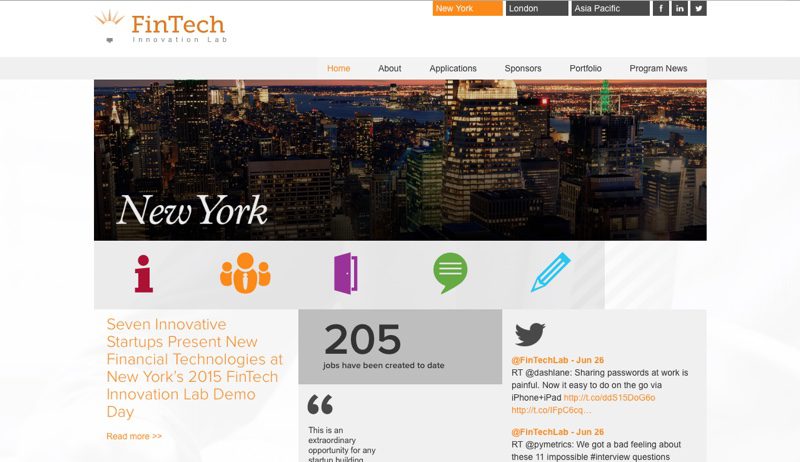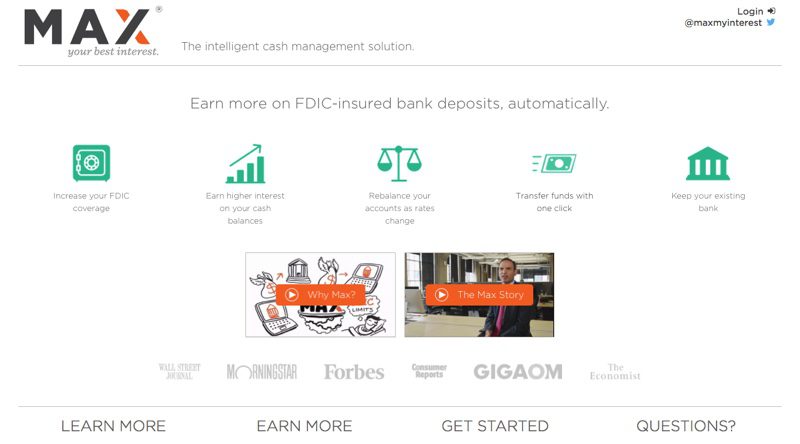 Naturally, we are always rooting for Finovate alums to make it big. And there are few fintech success stories bigger than 2008 alum, Credit Karma, which scored $175 million this week at a reported $3.5 billion valuation. That makes the credit-score provider the second most valuable alum (after Lending Club, currently trading at $6 billion).
Naturally, we are always rooting for Finovate alums to make it big. And there are few fintech success stories bigger than 2008 alum, Credit Karma, which scored $175 million this week at a reported $3.5 billion valuation. That makes the credit-score provider the second most valuable alum (after Lending Club, currently trading at $6 billion).
Three other alums received new investments this week: Currency Cloud ($18 million), Signifyd ($7 million) and Prairie Cloudware (undisclosed).
Total investment into the fintech sector this week were $245 million flowing to 15 firms. So far this year, fintech has attracted $7.9 billion.
Following are the deals announced from 19 June to 25 June in order of size:
Credit Karma
Credit reports and personal financial services
HQ: San Francisco, California
Latest round: $175 million (at $3.5 billion valuation)
Total raised: $368 million
Tags: PFM, credit scores, credit monitoring, Finovate alum
Source: Finovate
Currency Cloud
Cross-border payments
HQ: London, England, United Kingdom
Latest round: $18 million
Total raised: $35 million
Tags: Payments, fx, remittances, transfers, SMB, Finovate alum
Source: Finovate
PayRange
Mobile payments for vending machines
HQ: Portland, Oregon
Latest round: $12 million
Total raised: $15.2 million
Tags: Payments, acquiring, SMB, mobile, cards
Source: The Oregonian
Vogogo
Payments risk and compliance management
HQ: Palo Alto, California
Latest round: $12 million
Total raised: $21.5 million
Tags: Payments, risk, compliance, SMB, merchants, cards, acquiring
Source: FT Partners
Canopy Tax (formerly Beanstalk)
Tax and accounting-practice management
HQ: Salt Lake City, Utah
Latest round: $8 million
Total raised: $10 million
Tags: Tax, adviser platform, marketing, client services, accounting, SMB
Source: Crunchbase
Signifyd
Fraud detection
HQ:
Latest round: $7 million Series A
Total raised: $11 million
Tags: Security, fraud, payments, ecommerce, Finovate alum
Source: Finovate
Digital Contact
Data analytics with financial services focus
HQ: United Kingdom
Latest round: $3.8 million
Total raised: Unknown
Tags: Investing, analytics, BI, big data, information
Source: FT Partners
Creditmantri
Consumer credit scores and lead generation
HQ: Chennai, India
Latest round: $2.5 million Series A
Total raised: $2.5 million
Tags: Credit portal, credit scoring, lead generation, loans
Source: WhoGotFunded.com
PromisePay
Payments gateway for online marketplaces
HQ: St. Louis, Missouri
Latest round: $2 million
Total raised: $2.1 million
Tags: Payments, merchants, SMB, acquiring
Source: FT Partners
BankerBay
Online investment banking platform
HQ: Bangalore, India
Latest round: $2 million Seed
Total raised: $3 million
Tags: Investing, wealth management, networking
Source: Fortune Term Sheet (26 June)
StockSpot
Online investment manager
HQ: Sydney, Australia
Latest round: $1.25 million Series A
Total raised: Unknown
Tags: Investing, wealth management, stocks, trading, equities
Source: FT Partners
Givesurance
Insurance premium commissions donated to charitable causes
HQ: Woodland Hills, California
Latest round: $900,000 Seed
Total raised: $1 million
Tags: Insurance, charitable giving, philanthropy
Source: Crunchbase
Prairie Cloudware
Digital payment solutions for financial institutions
HQ: Omaha, Nebraska
Latest round: Undisclosed
Total raised: $5 million
Tags: Payments, enterprise, Finovate alum
Source: Finovate
Pipelend
Puerto Rican marketplace lender
HQ: Puerto Rico
Latest round: Undisclosed
Total raised: Unknown
Tags: Lending, underwriting, consumer, loans, P2P, crowdfunding, investing
Source: Crunchbase
Coinplug
Bitcoin and blockchain technology
Latest round: $45,000 (award from JB Financial)
Total raised: $3.4 million
Tags: Payments, crypto-currency, bitcoin, authentication, security, virtual currency
Source: Coinbase


